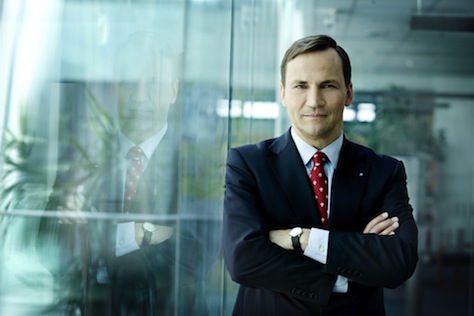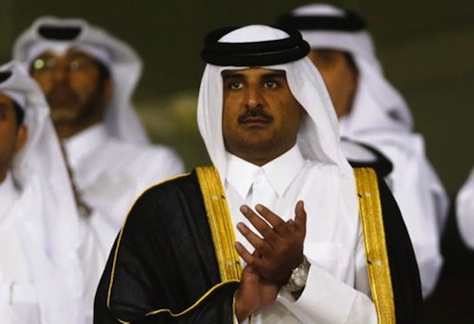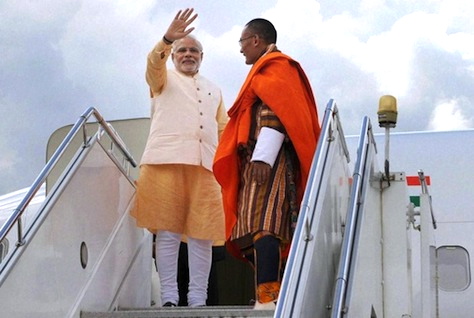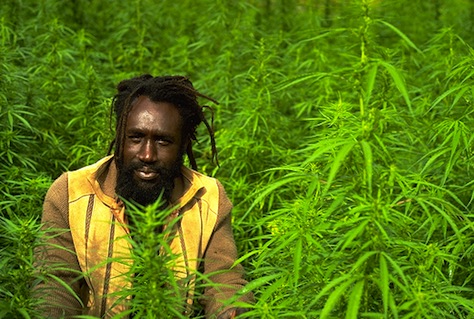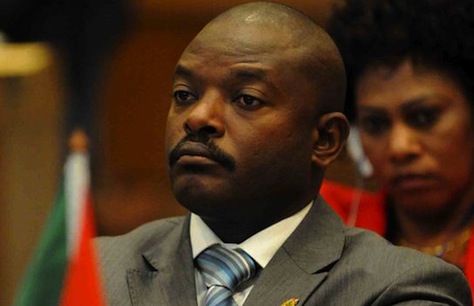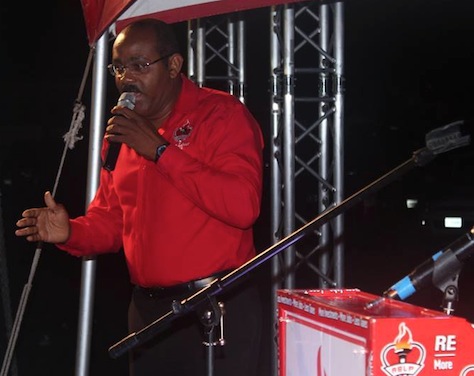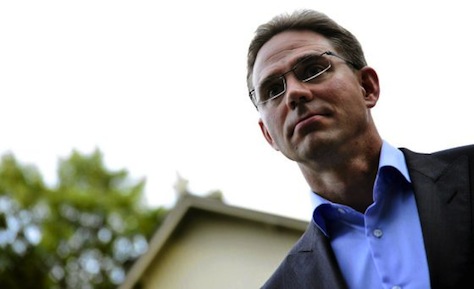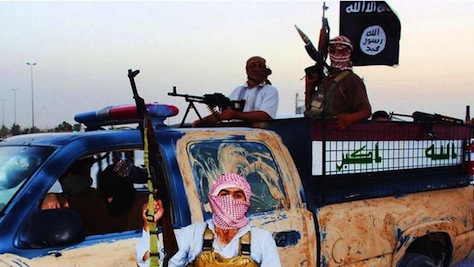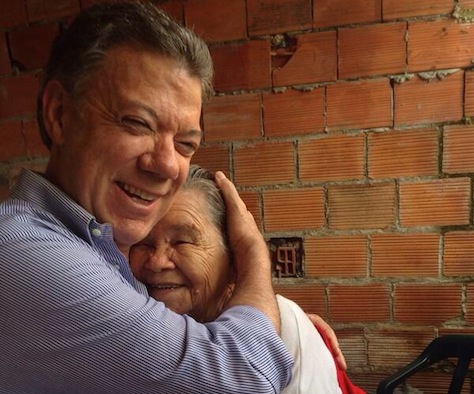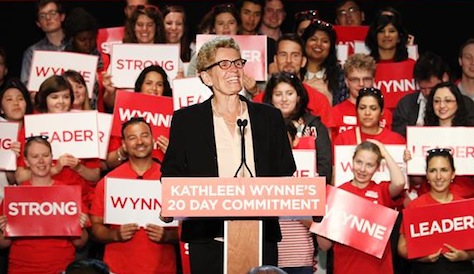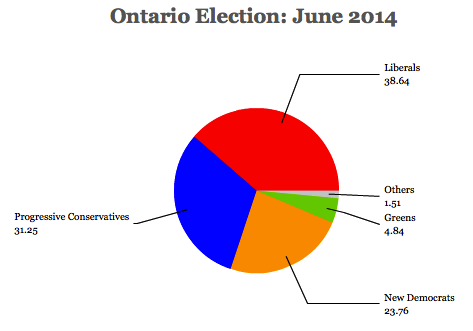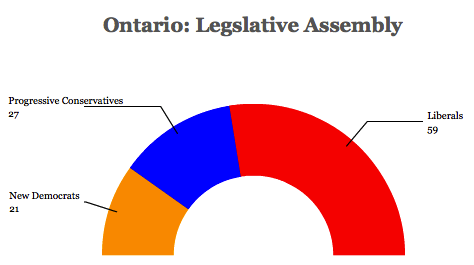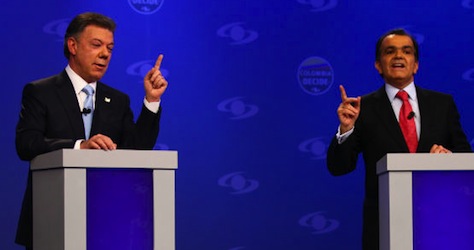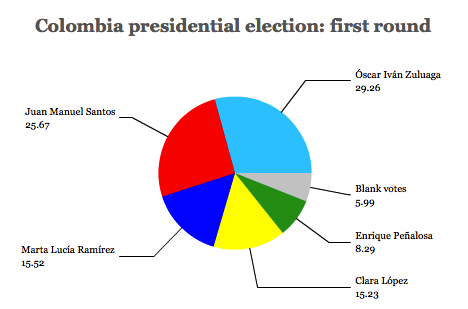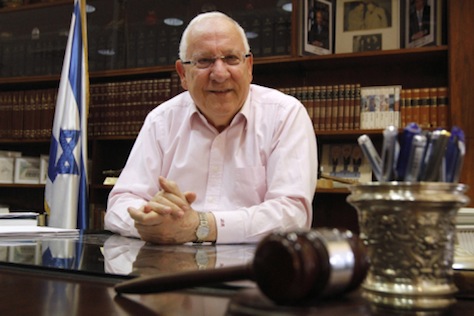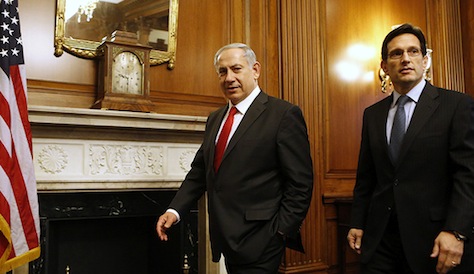
One fact that’s becoming increasingly clear in the current tussle over electing a new president of the European Commission is that the eventual candidate must win a qualified majority on the European Council, as well as an absolute majority in the European Parliament. 
Though the rules for qualified majority voting on the Council are greatly simplified under the Treaty of Lisbon, it’s worth noting that those rules don’t take effect until November 2014.
That means that the old rules, under the Treaty of Nice, will be in effect during the current fight this summer over whether former Luxembourg prime minister Jean-Claude Juncker, the candidate of the European People’s Party (EPP), can become the next Commission president.
* * * * *
RELATED: Here come the Spitzenkandidaten! But does anybody care?
RELATED: The mother-of-all-battles over
European integration has begun
* * * * *
With the current president of the Council, Herman Van Rompuy, currently taking the lead on the process, the Council will submit a formal proposal for Commission president during its next official summit on June 26 and 27.
That explains why the focus of the fight over Juncker has moved from the Parliament to a fight between German chancellor Angela Merkel and British prime minister David Cameron (pictured above, last week, left, with Swedish prime minister Frederik Reinfeldt and Dutch prime minister Mark Rutte).
Under the Lisbon rules, qualified majority voting means that a proposal under consideration by the Council must meet three requirements:
- a majority of countries within the European Union (15 out of 28 countries);
- a supermajority (74%) of countries according to a formula of voting weights; and
- a supermajority of countries representing at least 62% of the EU-wide population.
The trickiest hurdle is meeting the 74% hurdle. The system assigns weights, roughly corresponding to population, to each country, with a maximum of 29 for each of Germany, France, the United Kingdom and Italy, and a minimum of three for the smallest member, Malta. With a total of 352 weighted votes after Croatia’s July 2013 EU accession, that means Juncker must win at least 260 weighted votes. Conversely, it means that a minority consisting of 93 weighted votes can block Juncker.
Cameron is committed to opposing Juncker.
Hungarian prime minister Viktor Orbán, who belongs to the EPP, has also opposed Juncker in retribution for Luxembourg’s outspoken role on the Commission in the past five years attacking Orbán’s questionable respect for democratic norms and press freedom in Hungary.
Reinfeldt, the Swedish prime minister, has also voiced doubts about Juncker’s candidacy, even though he also belongs to the EPP. If Juncker fails to pass muster in the Council, Reinfeldt himself has been mentioned as a compromise candidate, given the likelihood that his center-right Moderata samlingspartiet (Moderate Party) is expected to lose national elections in September.
Rutte, the Dutch prime minister, has joined Reinfeldt in his hesitation over Juncker. Rutte, like Cameron and Reinfeldt, is generally a Merkel ally on European economic policy and the need for trimming national budgets, but he belongs to the Alliance of Liberals and Democrats in Europe (ALDE), the third-largest European parliamentary bloc.
If Sweden (10 weighted votes) and The Netherlands (13 votes) join Hungary (12 votes) and the United Kingdom (29 votes), Cameron will have 64 votes to block Juncker — and he’ll need just 29 more votes to do so.
Those votes could come from Italy, where prime minister Matteo Renzi has demanded a more flexible interpretation of EU budget rules and a greater emphasis on economic growth stimulation (instead of austerity) in exchange for backing Juncker. A deal seemed imminent earlier this week, though Renzi hasn’t yet declared either support or opposition for Juncker.
Right now, the momentum seems to be with Merkel and Juncker, and flowing away from Cameron. Either Rutte or Reinfeldt could back down from their criticisms. Furthermore, Renzi might be wary of alienating Merkel just four months into his premiership and days before Italy assumes the six-month rotating Council presidency. But Cameron, who has suggested Denmark’s social democratic prime minister Helle Thorning-Schmidt as an alternative Commission president, might yet persuade Renzi to join him for at least one shot at obtaining a more reformist Commission president than Juncker.
It’s worth noting that French president François Hollande, like Renzi, would like to see a greater emphasis on growth at the European level, and he hasn’t firmly indicated that he’ll support Juncker, either.
Continue reading It won’t necessarily take much to block Juncker in Council vote →
![]()
